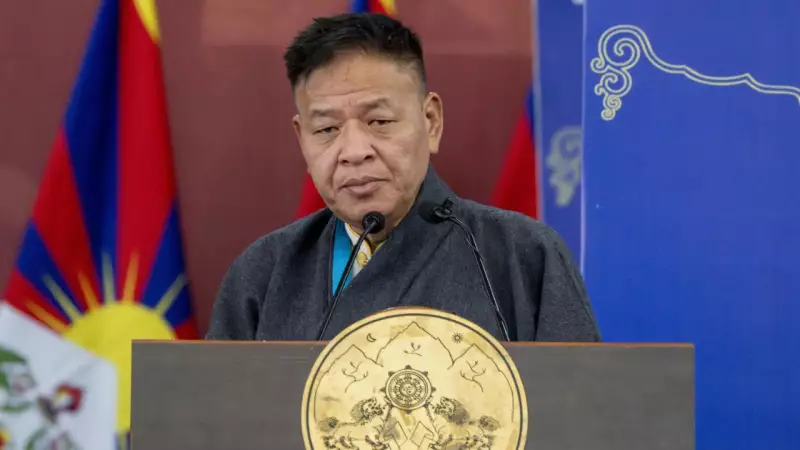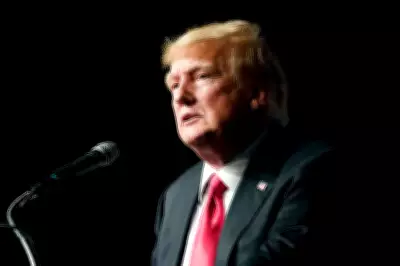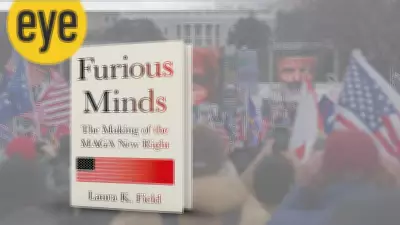
In a stunning rebuke to Chinese authorities, Tibetan leader Penpa Tsering has openly challenged Beijing's longstanding claim of control over the Dalai Lama's reincarnation process. The President of the Central Tibetan Administration delivered a scathing response that has sent shockwaves through diplomatic circles.
The Controversial Rejection
Tsering categorically dismissed China's assertion that it possesses the authority to determine the next Dalai Lama through its "golden urn" system. "If the Chinese government is so keen on using the golden urn," Tsering remarked with biting sarcasm, "they should first look for the rebirth of Mao Zedong."
Historical Context of the Conflict
The tension revolves around one of Buddhism's most sacred traditions - the identification of reincarnated lamas. China has repeatedly claimed that only its government-approved "golden urn" process can legitimate the next Dalai Lama's selection. However, Tibetan Buddhists have historically followed their own spiritual protocols for recognizing reincarnations.
Beijing's Strained Position
Chinese authorities face a complex dilemma. The current Dalai Lama, now 88, has suggested his reincarnation might not follow traditional patterns, potentially occurring outside Chinese-controlled Tibet. This poses a significant challenge to Beijing's narrative of complete control over Tibetan religious affairs.
International Implications
The bold statement from the Tibetan leader underscores the deepening divide between the Tibetan government-in-exile and Chinese authorities. It comes at a time when China is intensifying its efforts to present Tibet as fully integrated into the nation, while simultaneously facing growing international scrutiny over its human rights record in the region.
The dramatic exchange highlights the ongoing spiritual and political battle over Tibet's future, with the Dalai Lama's succession representing a crucial flashpoint in the decades-long conflict between Tibetan autonomy advocates and the Chinese government.





